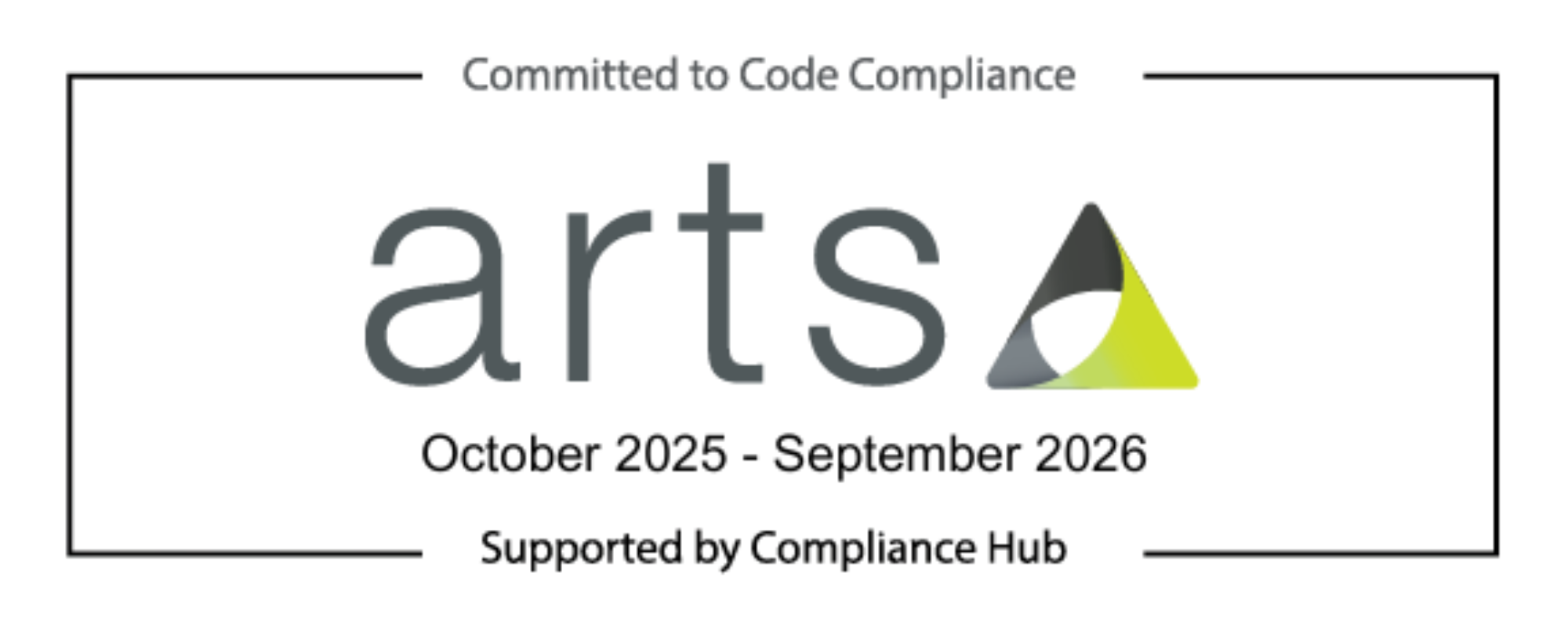Tackling health inequalities through effective medication management
Tackling health inequalities through effective medication management
The health inequality agenda remains a persistent challenge for UK healthcare, with stark disparities in healthcare and access influenced by socioeconomic, geographical and cultural factors. Clinical pharmacy professionals play an influential role in addressing some of these health inequalities.
Health inequalities remain top of mind for senior leaders in NHS England and tackling them was referenced as a priority in the speech of the Deputy Chief Pharmaceutical Officer at the recent Clinical Pharmacy Congress North in Manchester.
Focusing on socioeconomic factors as one example, the outlook is bleak. Data has shown that people in the most deprived areas of the UK are twice as likely to die prematurely from cardiovascular disease than people in the least deprived areas. Similarly, the difference in life expectancy for people living in the most deprived areas of England compared with the least deprived areas is 9.7 years for males and 7.9 years for women, with premature mortality in Blackpool, the most deprived part of the country, being twice as high than affluent areas.
Research shows that more deprived areas have higher prescribing rates, as socioeconomic disadvantages heighten the risk of multiple chronic conditions, or multimorbidity. Multiple conditions require multiple medications, leading to increased rates of polypharmacy.
The postcode lottery of health disparities and medicine use is further compounded by the link between polypharmacy and adverse outcomes. Complications of polypharmacy such as adverse drug reactions, increased hospitalisations and higher mortality are frighteningly more common in more deprived areas. According to the latest data from the UK Health Security Agency, people living in more deprived communities were 42.6% more likely to have an antibiotic-resistant infection in 2023, compared to those in the least deprived areas.
There have been national strategic efforts to reduce inequalities, such as the Core20PLUS5 model and the introduction of Integrated Care Systems (ICSs). However, clinical pharmacy professionals can play a pivotal role at a local and patient level in reducing the burden of polypharmacy, and ultimately health inequalities, on healthcare systems.
Deprived populations often face complex and unique barriers to implementing effective interventions to reduce polypharmacy, including experiencing reduced uptake of Structured Medication Reviews (SMRs), altered perceptions of risk and benefit of medicine use, and competing social pressures that hinder deprescribing efforts. Without targeted interventions, such as the recommendations made in the Royal Pharmaceutical Society's (RPS) 2023 report, these dynamics risk further widening health inequalities. These recommendations include the need to integrate pharmacists into multidisciplinary teams and tailoring care to meet diverse cultural and linguistic needs to engaging with communities to co-design services.
Clinical pharmacy professionals should leverage every contact with patients to initiate productive SMR discussions that prioritise what matters most to them to ensure plans are manageable with appropriate follow-ups. For example, conducting SMRs in multiple languages have shown promise in improving access and outcomes in ethnically diverse populations.
Ultimately, medicine optimisation strategies should align with patient priorities, rather than being solely based on the healthcare professional’s perspective, especially for conditions like chronic pain where perspectives on benefits and risks differ. The combination of flexible SMR approaches led by clinical pharmacy professionals, community engagement, and sustained efforts to build trust ensure targeted, patient-centred solutions can be implemented to reduce polypharmacy effectively.


 London
London


